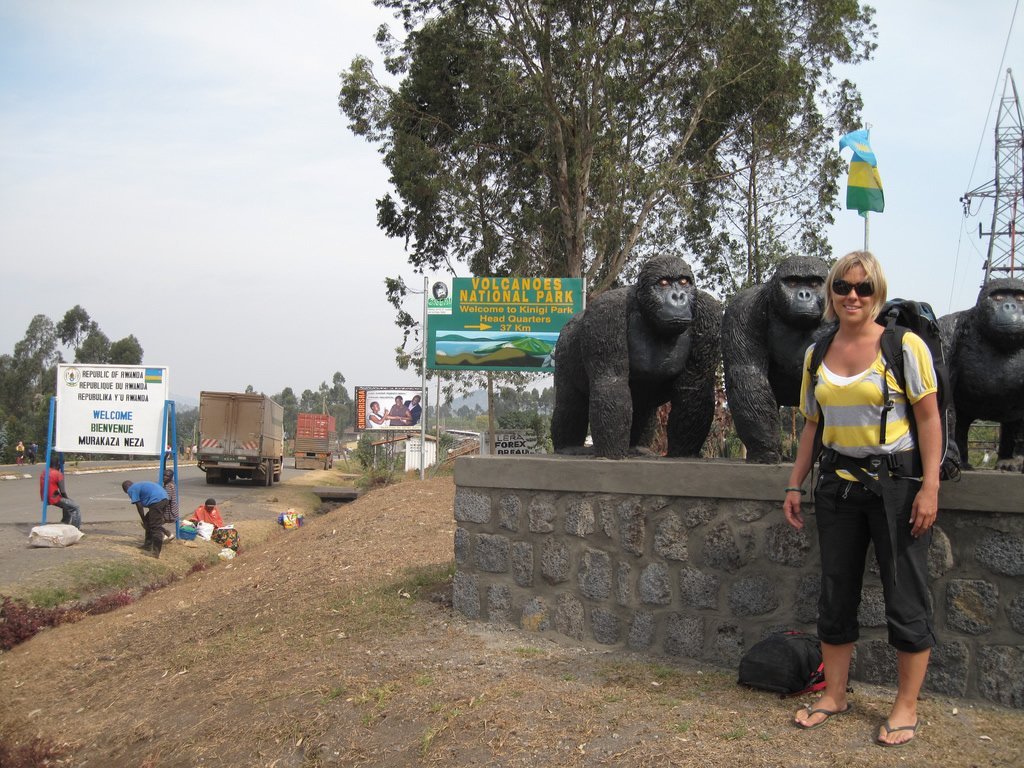
When you mention Rwanda to someone planning a trip, you might hear responses like, “Is it safe there?” or, “Didn’t something terrible happen there in the ’90s?” These reactions are understandable — but they’re also outdated.
Rwanda has undergone a remarkable transformation in the last three decades. Today, it’s considered one of the safest countries in Africa for both locals and visitors. But myths still persist. In this post, we’ll unpack those myths, give you real facts, and help you decide with confidence whether Rwanda should be on your travel list (spoiler: it should be).
Myth 1: Rwanda is Unsafe Because of Its History
Fact: Rwanda’s 1994 Genocide against the Tutsi was one of the most horrific events of the 20th century, and its scars are undeniable. However, the country has worked tirelessly to promote unity, reconciliation, and stability. Today, Rwanda is a model of peacebuilding and good governance in Africa.
Rwanda’s capital Kigali consistently ranks as one of the safest and cleanest cities on the continent. The streets are orderly, infrastructure is solid, and community policing systems are strong. The memory of the past fuels Rwanda’s commitment to peace — not violence.
Myth 2: African Countries Are All Dangerous
Fact: Africa is a continent — not a country — and it’s diverse in every possible way, including safety. Rwanda is often grouped unfairly into generalizations about instability in Africa. In reality, Rwanda boasts low crime rates, political stability, and progressive policies.
It ranks high in the Global Peace Index for Africa and is frequently recommended by solo travelers, especially women, for its calm and secure environment.
Myth 3: Tourists Are Frequent Targets of Crime
Fact: Violent crime against tourists in Rwanda is extremely rare. Petty crime like pickpocketing can happen — just like in Paris, New York, or Bangkok — but basic travel precautions go a long way.
You’ll find uniformed police and security guards around major public areas, and most locals are friendly and willing to help. Kigali’s streets are well-lit, and walking at night in many parts of the city is generally safe, a rarity in many global cities.
Myth 4: Rwanda Is a Police State
Fact: Rwanda does have a strong government presence, and law enforcement is visible. But for tourists, this usually translates into a sense of security. The country enforces laws around littering, corruption, and road safety quite strictly, which contributes to its orderliness.
Tourists are unlikely to experience any undue interference from police, as long as they respect local customs and laws. You might be surprised by how professional and courteous law enforcement is.
Myth 5: There’s Nothing to Do Except Visit Genocide Memorials
Fact: While visiting memorials is a sobering and meaningful part of a trip to Rwanda, it’s only one facet of what the country offers. Rwanda is home to:
- Volcanoes National Park (for mountain gorilla trekking)
- Lake Kivu (beaches, kayaking, and fishing)
- Nyungwe Forest (canopy walks and chimpanzees)
- Akagera National Park (safari game drives)
- Cultural experiences, vibrant markets, museums, and fine dining in Kigali
This is a country of wildlife, nature, culture, and progress.
Safety Tips for Travelers in Rwanda
Even though Rwanda is safe, here are a few common-sense precautions:
- Avoid walking alone late at night in quiet or unfamiliar areas
- Use registered taxis or ride-hailing apps (Yego, Move, or VW Move)
- Keep an eye on your belongings in busy areas
- Don’t engage in political conversations publicly or take unauthorized photos of government buildings
- Follow all national park safety guidelines when trekking or on safari
- Carry copies of your passport and visa
- Respect cultural norms and ask before taking photos of locals
LGBTQ+ Safety in Rwanda
Rwanda does not criminalize homosexuality, and while LGBTQ+ travelers may not find a large visible community or events, the country is considered safe for LGBTQ+ tourists. Public displays of affection (hetero or otherwise) are generally uncommon in Rwandan culture, so discretion is advised.
Health and Hygiene
- Rwanda is clean — littering is illegal, and plastic bags are banned.
- Tap water is not recommended for drinking; opt for bottled or filtered water.
- Malaria exists in some regions, so consult your doctor about preventive medication.
- Vaccinations for yellow fever (if coming from risk areas), hepatitis A/B, and typhoid are recommended.
Hospitals and clinics in Kigali are well equipped, and most hotels have emergency contact numbers.
Transport Safety
- Moto taxis (boda-bodas) are common — always wear a helmet (drivers usually carry an extra).
- Public buses are safe, clean, and affordable.
- Roads are in good condition, especially compared to many other African nations.
Women Traveling Solo in Rwanda
Women often report feeling safe while exploring Rwanda alone. There’s little catcalling or harassment, especially in Kigali. Dress modestly in rural areas and be mindful of local customs.
Emergency Numbers to Know
- Police: 112
- Ambulance: 912
- Fire Brigade: 111
You can also ask your hotel for help with medical or safety issues — most are very responsive.
Conclusion: Rwanda Is Safer Than You Think
If Rwanda’s past makes you hesitant, know this: the country you’ll experience today is peaceful, progressive, and welcoming. Whether you’re trekking with gorillas, sipping coffee by a lake, or wandering through Kigali’s vibrant neighborhoods, you’ll feel the hospitality and safety that define modern Rwanda.
Myths are powerful, but facts are freeing. Rwanda is not only safe — it’s a gem waiting to be discovered. So pack your bags, drop the fear, and come see for yourself.
Been to Rwanda? Share your experience in the comments below or tag us on social media with #SeeRwanda. Let’s help others travel informed and inspired!


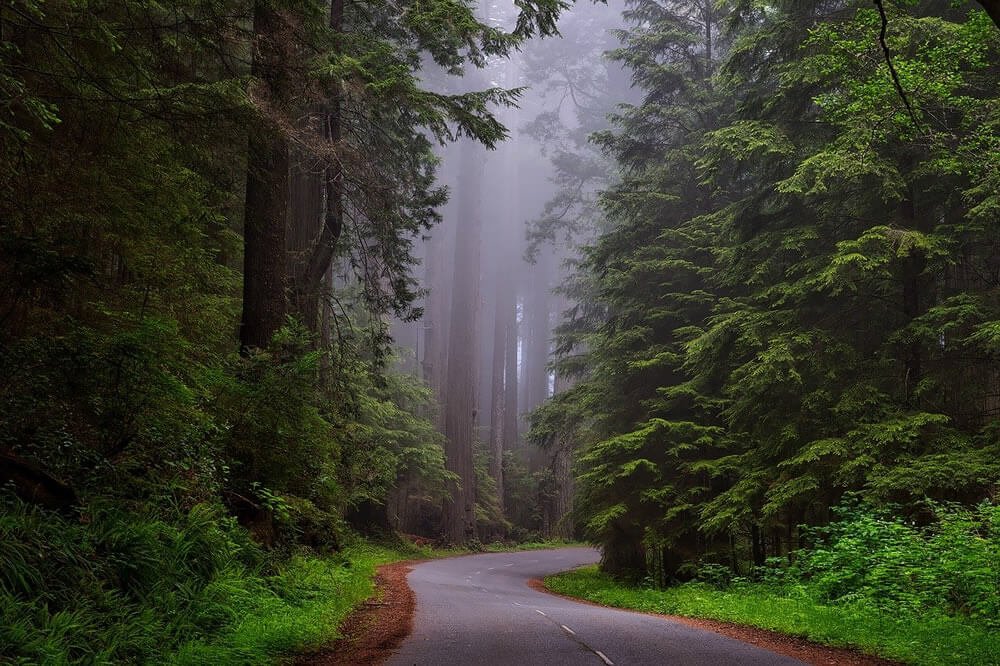
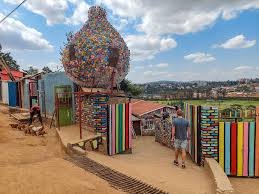







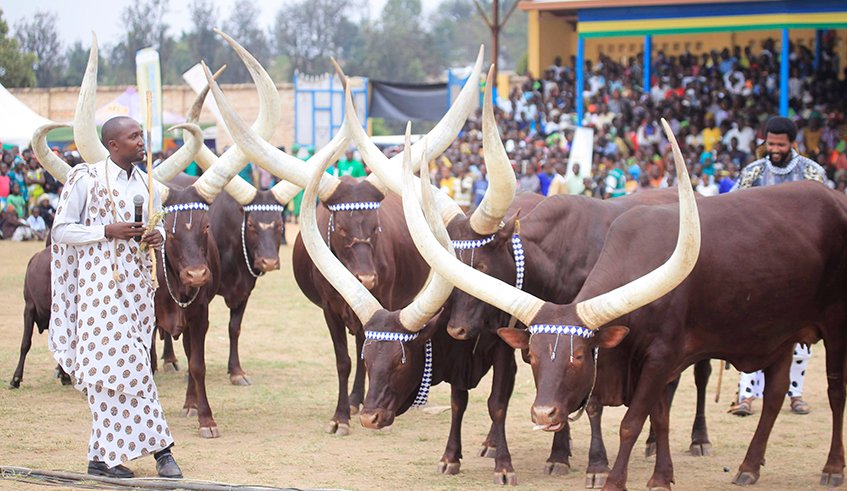
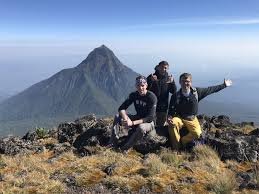



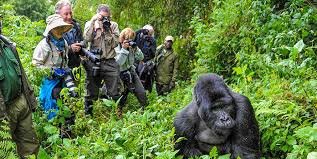
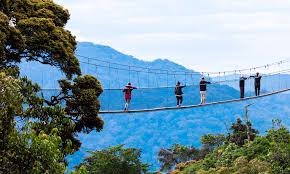


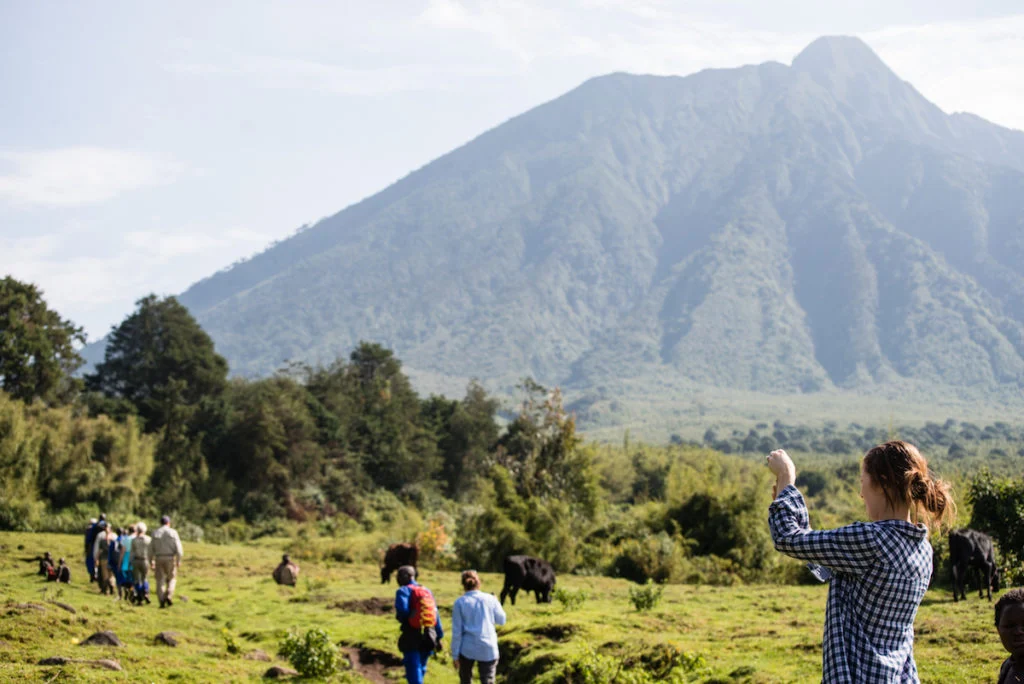
The writing carries a subtle rhythm, like breathing, rising and falling naturally with thought. Ideas are presented with a deliberate fluidity, creating a cadence that encourages the mind to move slowly, absorb meaning fully, and experience reflection as a physical, almost tangible presence.
Thank you so much for this thoughtful comment. I’m truly humbled by the way you’ve described my writing—it means a lot to know the rhythm and flow resonated with you in such a deep way. My goal is always to create content that not only informs but also invites reflection, so your words are very encouraging. I appreciate you taking the time to share this with me.